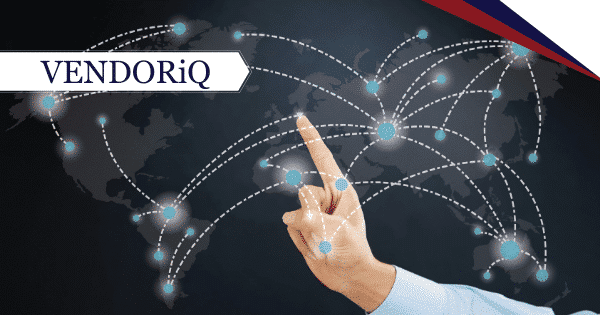Why It’s Important
Generative AI models are trained on large datasets that can include copyrighted material. Even with the best intentions, it is challenging for enterprises to ensure that all data used in training an AI or generating outputs doesn’t infringe on someone’s copyright, especially since the origins of all the data points may not be entirely traceable or clear.
The fair use doctrine is also inherently ambiguous and subjective, making it difficult for enterprises to clearly determine whether their use of copyrighted material falls within its boundaries. The concept varies by jurisdiction, and there is no definitive checklist since it relies on a case-by-case analysis considering factors like the purpose of use, the nature of the copyrighted work, the amount used, and the effect on the market for the original work.
For its part, Microsoft has already taken action before the introduction of the Copilot Copyright Commitment when it released its service agreement updates in September. These outlined specific restrictions and requirements related to its AI services, and how its users can use the work sourced by the AI from content creators.
Enterprises must be aware that the indemnification offered by Microsoft comes with the caveat that customers must use Copilot’s built-in content filters and refrain from generating or inputting content they don’t have the right to use. For Microsoft to cover any settlements or judgements incurred related to copyright infringement complaints, enterprises would have to prove first that they have not accessed or called upon unauthorised content that Copilot will process. This can be complicated by the fair use policy in their jurisdiction.
Who’s Impacted?
- Compliance and legal teams
- AI developers
- Digital workspace teams
- Training teams
What’s Next?
- Engage with the enterprise’s legal counsel to understand the implications of the new terms and commitments by Microsoft, especially how the fair use doctrine applies within the context of their specific use of AI-generated content.
- Provide training for employees on the new legal landscape, emphasising the importance of using AI tools within the guidelines provided by Microsoft or any other provider, including adhering strictly to the use of content filters and guardrails.


